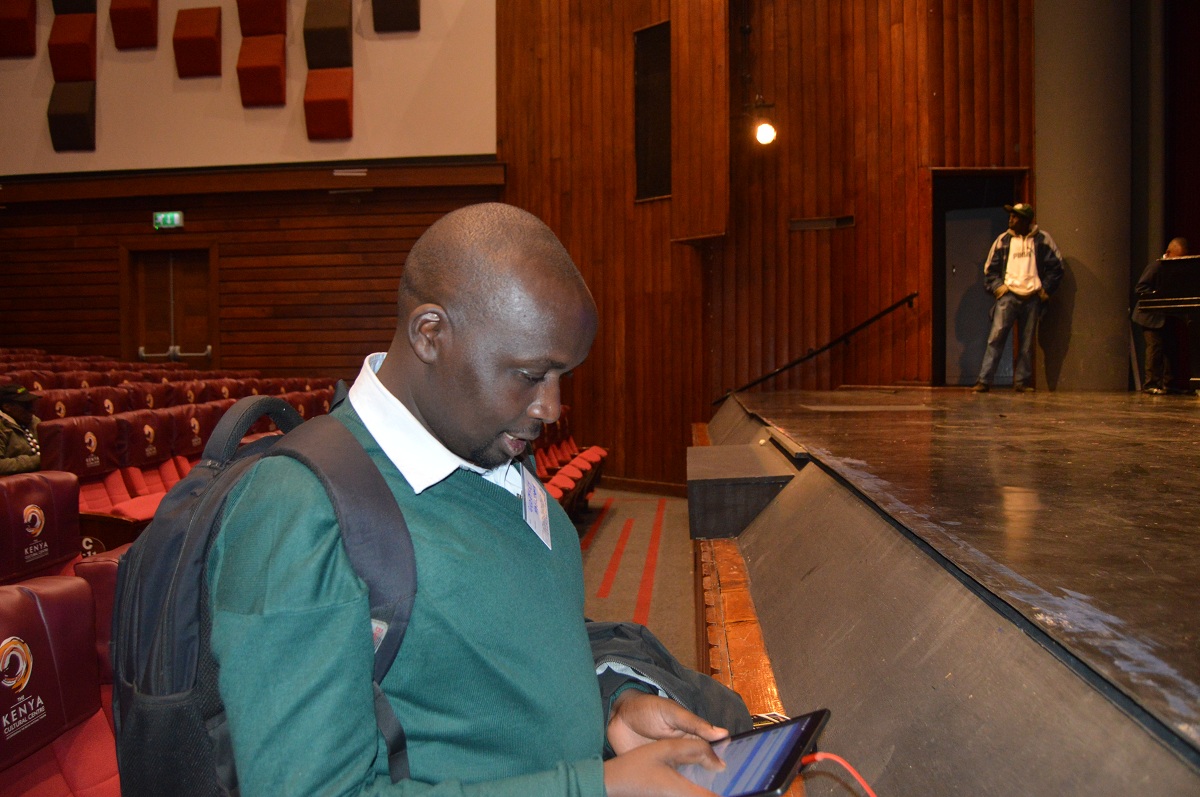If you want to become a policy analyst, this article is for you. These are the policy analyst job qualifications.
Just like many other professions, there are professional qualifications needed for you to become a policy analyst.
What do policy analysts in Kenya do?
Policy analysts are responsible for implementation, adjustment and amending laws, regulations and public policies.
A Policy analyst in most cases work with government or with organizations whose missions are to lobby government.
A policy analyst can work for Civil Society Organizations, Faith Based Organizations (FBOs) and Non-Governmental Organizations (NGOs).
Some policy analysts have specialized in specific areas such as energy, oil and gas, mining or public budgets.
A Policy analyst works as an advisor for legislators and other government officials. He or she makes suggestions for improving laws, regulations or policies.
A policy analyst especially one who works within government is required to have a good understanding on how various factions of political divide work.
When a policy analyst works with stakeholders outside government, s/he identifies those political actors who have similar way of thinking and lobbies them to take specific action.
Required policy analyst qualifications
If you want to become a policy analyst, the following qualifications will be handy:
a) A degree in public policy and Administration of political science;
b) Most policy analysts hold Masters degree and some even have PhD degrees;
c) Policy analyst jobs requires long hours of work and often regular travel;
d) Internship or better still work experience is very important for success as a policy analyst;
Desirable qualities
- Advanced critical thinking skills;
- creativity;
- Excellent communication skills;
- strong negotiation skills;
- strong analytical skills;
Salary
In Kenya salary of Policy Analysts differs from organization to organization.
Organizations employing Policy Analysts in Kenya
- Government
- Ethics and Anti-Corruption Commission (EACC);
- Non Governmental Organizations (NGOs);
- ICPAK
- Private and Public Companies working with government
- Academia
- Constitutional Commissions
- Independent Offices
- Kenya Public Service Commission
- United Nations Bodies – FAO, UNEP, UNICEF,
- Multi-lateral bodies – World Bank Group, International Monetary Fund (IMF) etc;
- Think Tanks – IEA Kenya; Kenya Institute of Public Policy Research and Analysis; Inter Region Economic Network and African Economic Research Consortium (AERC) etc
According to a research by University of Pennsylvania, Kenya is home to the second largest number of Think Tanks in African continent.
These think tanks are the training grounds for future policy makers.
Kenya Institute of Public Policy Analysis (KIPPRA) is one of the influential think tanks based in Nairobi, Kenya and is funded by tax-payers’ money.


